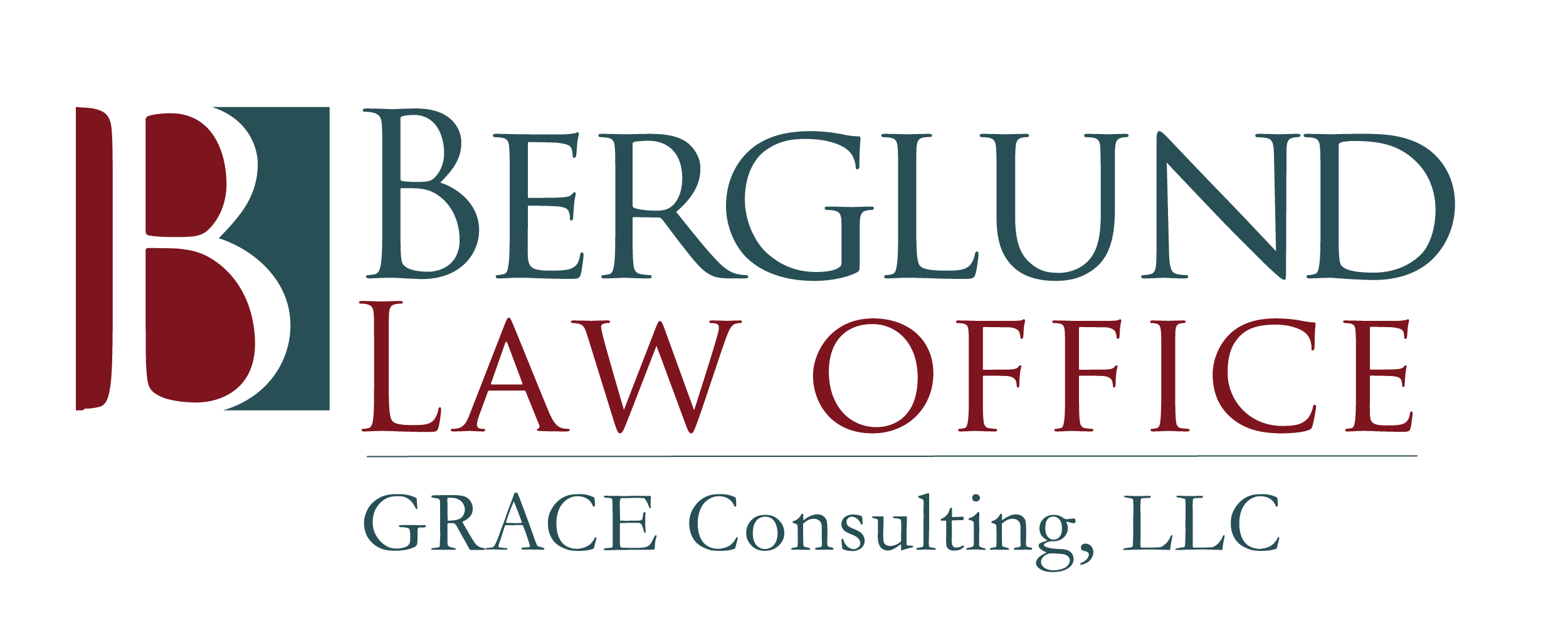
There are a number of reasons one might want to take advantage of Minnesota’s Uniform Disclaimer of Property Interests Act (Minnesota Statutes Sections 524.2-1101 to 524.2-1116), which became effective on January 1, 2010.
You may have a substantial estate which will trigger either Minnesota estate tax, federal estate tax, or both. While most estates fall short of the federal estate tax exemption limit (raised to $11.58 million in January, 2020) million, individuals may still need to disclaim property to avoid Minnesota estate tax.
Many individuals think their estates also fall short of the Minnesota estate tax exemption limit, currently set at $3 million. Once they begin calculating all of their assets, such as life insurance, however, many estates have concerns about the current $3 million Minnesota exemption.

“Disclaimer Trusts” have become an effective method for Minnesota married couples to fully utilize their marital deductions in order to decrease possible Minnesota estate taxes upon the second spouse’s death. They may also be of interest for individuals who have inherited property from their parents (either directly or from trusts their) parents created for them.
There may be estate or gift tax concerns, or they may not need the inherited property and would prefer that it pass directly go to their children. In these cases, disclaimers may be used to accomplish these planning objectives.
Let’s begin by defining a “disclaimer”. Under the law, disclaimers are refusals to accept property. If you are a beneficiary and you “disclaim” property, the property will pass as if you died before your transferor. Depending on the wording of the will or trust agreement, the disclaimed property may pass to your children or a trust for the benefit of your children.
If you disclaim an inheritance within nine months after the transferor’s death and all of the legal requirements are met, you will be treated as if you had never received the disclaimed property. Depending on the wording of the will or trust, ownership of the disclaimed property may shift to your children without gift or estate tax consequences to you (“generation-skipping” transfer taxes, however, may apply).

To be valid, disclaimers must meet a number of requirements. Under federal law, if you make an irrevocable and unqualified refusal to accept an interest within nine months after the death of the transferor, the disclaimer will be deemed to be a “qualified disclaimer” and will not require payment of gift tax. You should be careful not to accept any property or income prior to making the disclaimer. You will also be prohibited from directing how the disclaimed property will be distributed. Disclaimers must also comply with state law.
Minnesota law requires that you be “solvent”. For example, if you are receiving Medical Assistance you will not be allowed to disclaim assets. Minnesota’s Uniform Disclaimer of Property Interests Act removed the previous requirement that disclaimers be filed with the court. Under the 2010 statute, disclaimers must be delivered to the appropriate person depending on the interest disclaimed.
For example, a disclaimer of an interest created by a will must be delivered to the personal representative of the decedent’s estate. If the disclaimed property is real property, the disclaimer must also be recorded in the office of the county recorder in the county where the real property is situated.
